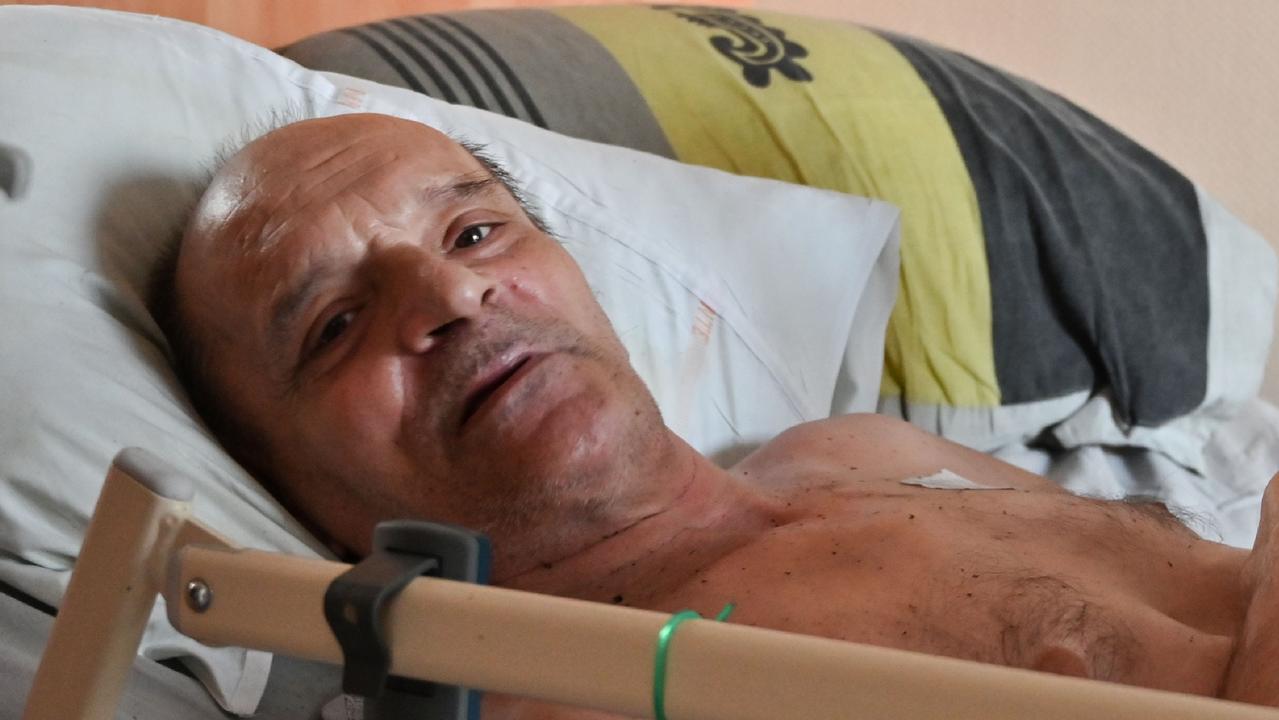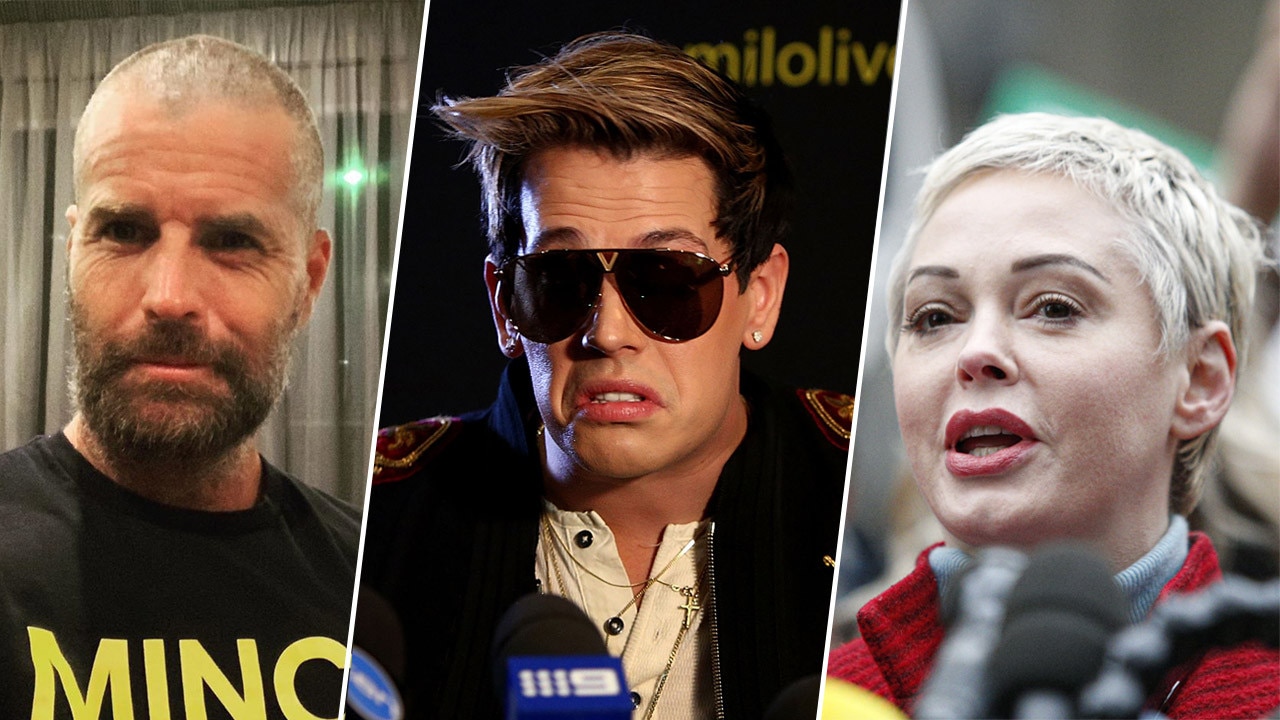Facebook vows to block white nationalism, separatists after Christchurch massacre
In the aftermath of the Christchurch massacre, Facebook has bowed to pressure to crack down on hate speech. But will the social network’s plan work?
Online Censorship
Don't miss out on the headlines from Online Censorship. Followed categories will be added to My News.
Almost two weeks after Facebook faced worldwide condemnation for broadcasting a horrifying, race-fuelled terrorist attack that killed 50 people, the social network has bowed to pressure to crack down on the racist hate speech filling its platform.
The multi-billion dollar tech giant admitted it had failed to address racist content on its platform so far, but pledged to ban “praise or support for white nationalism and separatism” from next week, and to redirect users trying to promote racist comments to an outreach group.
RELATED: Prince William to visit Christchurch
OPINION: Give government — not platforms — power to shut down evil
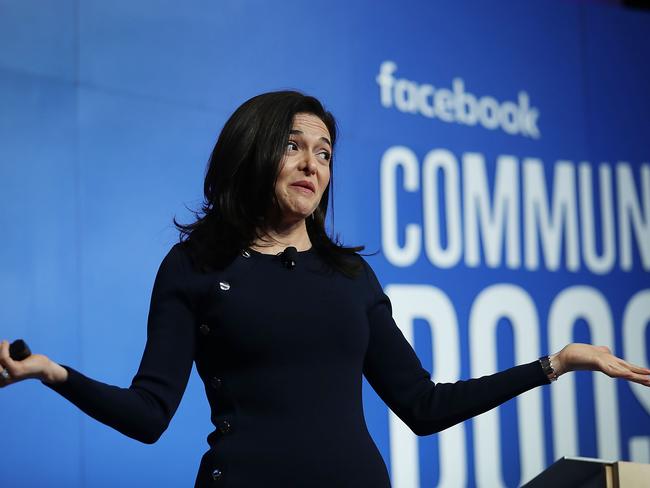
But social media experts warned Facebook’s new move to fix its network would not address international complaints about its conduct in the wake of the New Zealand mass shooting, and could be an attempt to avoid regulations like those proposed in Australia.
Facebook revealed its new approach to racist content in a surprise announcement today, though it’s understood the company formally passed the decision at its Content Standards Forum earlier this week.
The company’s chief operating officer Sheryl Sandberg, who talked to New Zealand Prime Minister Jacinda Ardern following the Christchurch terrorist attack that was broadcast live on Facebook, was reportedly involved in the new ruling.
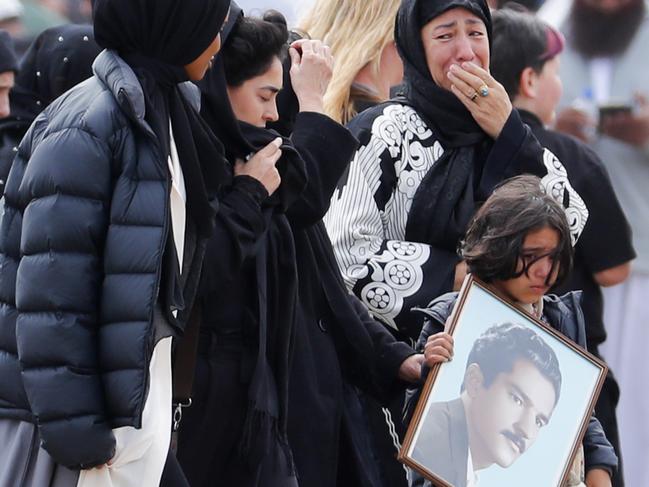
In a statement, the company said it previously only sought to stop “white supremacy” appearing on Facebook, and allowed “white nationalism and white separatism” to be published.
After speaking to academics, however, the company concluded that “these concepts are deeply linked to organised hate groups”.
“Going forward, while people will still be able to demonstrate pride in their ethnic heritage, we will not tolerate praise or support for white nationalism and separatism,” the company said.
“Unfortunately, there will always be people who try to game our systems to spread hate. Our challenge is to stay ahead by continuing to improve our technologies, evolve our policies and work with experts who can bolster our own efforts.”
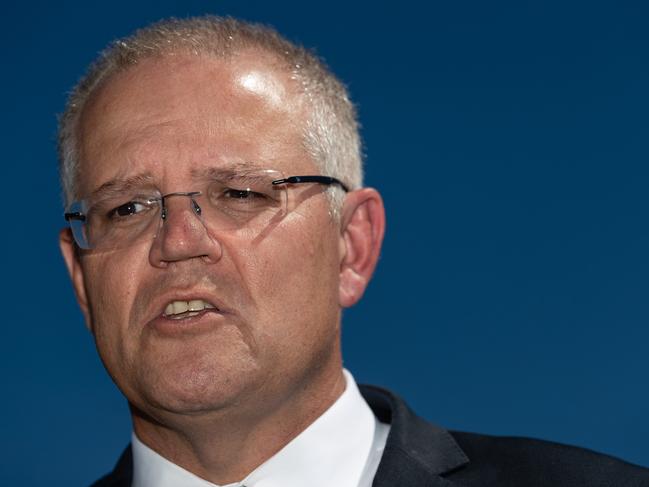
Facebook admitted it also needed to get “better and faster at finding and removing hate from our platforms,” though it did not reveal plans to achieve that.
Swinburne University social media senior lecturer Dr Belinda Barnet said Facebook’s move was a “step in the right direction” but one that should have been taken “three years ago”.
She said it was another example of Facebook failing to act promptly and being financially rewarded to allowing hateful content on its platform.
“There is an audience for outlets like Infowars or Milo Yiannopoulos or the United Patriots Front, and there’s profit in that for Facebook, so it’s taken media pressure and pressure from governments including the Australian Government to get this done,” she said.
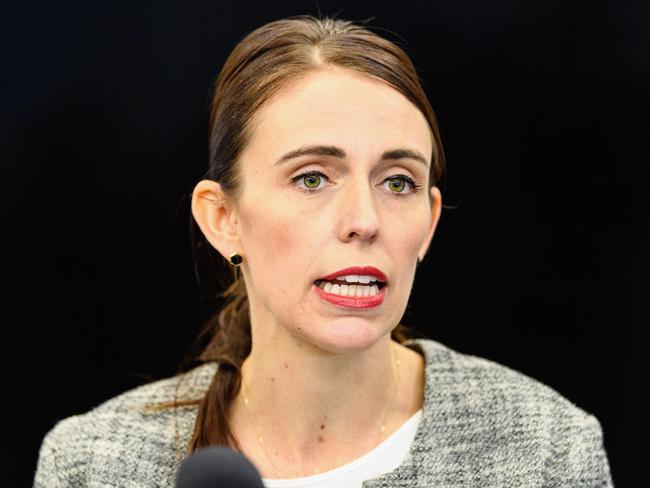
But Dr Barnet warned Facebook’s latest move would not address the moderation of violent live video, as seen from Christchurch, or wider concerns about its platform, and could be a tactic to avoid regulation.
“The cynical part of me thinks they’re cutting that off at the chase; that they’re getting in early and trying to convince critics they can regulate themselves,” she said.
“What it’s not doing is instantly taking down content which is what Prime Minister Scott Morrison is wanting. They’re meeting the demands halfway.”
The Federal Government met with representatives from social networks including Facebook earlier this week, amid reports it would draft laws requiring the companies to remove terrorist videos from their service, as they do now with child pornography.
Originally published as Facebook vows to block white nationalism, separatists after Christchurch massacre

